If you think all tears are created equal, you might be surprised by how different and unique they truly are. Tears, while seemingly simple droplets of water and salt, carry stories that go far beyond what meets the eye. Rose-Lynn Fisher, an artist and photographer, set out to explore this concept in her fascinating project, The Topography of Tears. She wondered if the tears we shed for joy or grief would look different under a microscope. What she discovered is nothing short of extraordinary.
Through her work, Fisher revealed the hidden world within our tears, capturing their intricate structures and patterns. Using a microscope to photograph tears, she found that each type of tear—whether produced by sadness, laughter, frustration or even chopping onions—has a distinct composition and visual texture. For example, tears of sorrow might resemble rugged landscapes, while tears of joy could look like delicate, lace-like designs.
Her project has been showcased in art galleries, books, and numerous websites, sparking curiosity and conversation about the emotional and biological complexities of crying. Fisher’s work bridges the gap between science and art, offering a fresh perspective on something we often take for granted.
Tears of timeless reunion
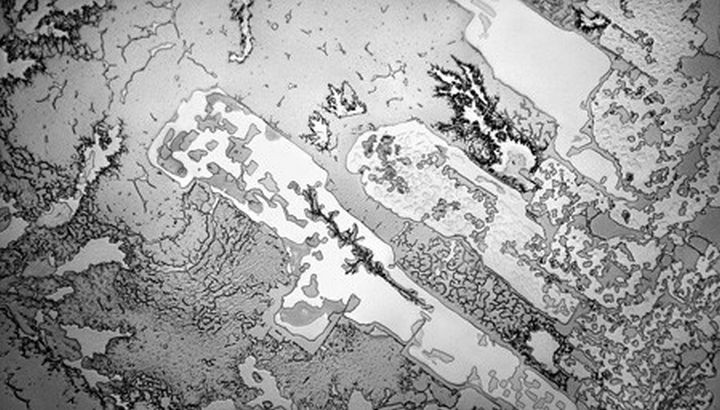
Tears of hope and possibility
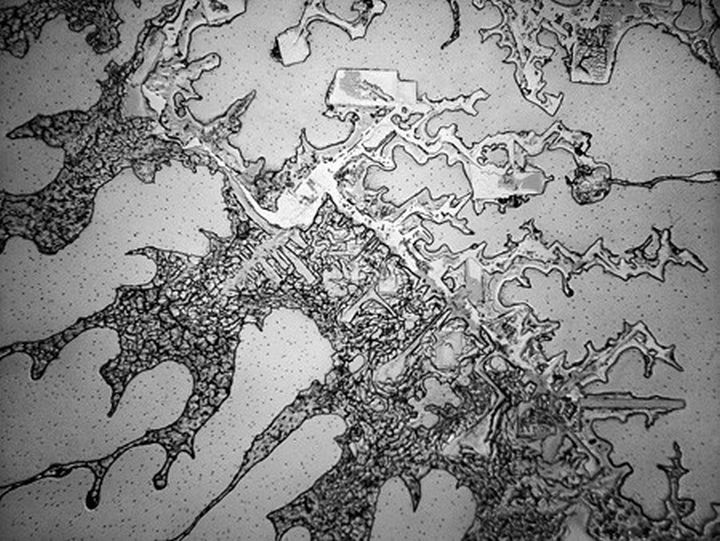
Tears of laughter to the point of crying
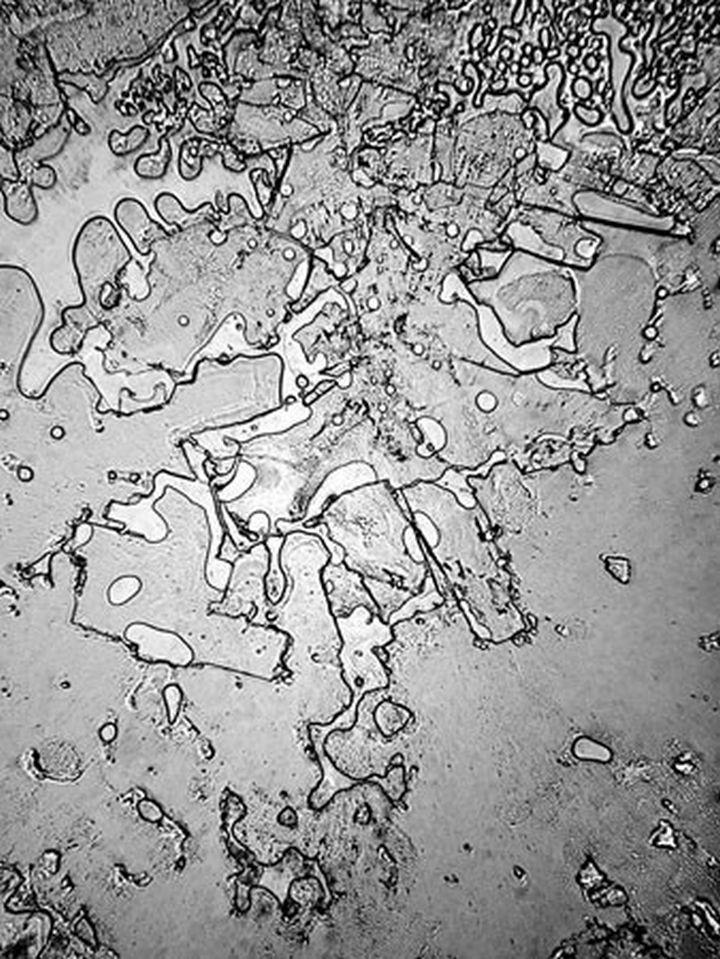
Tears of momentum

Tears of elation at a liminal moment
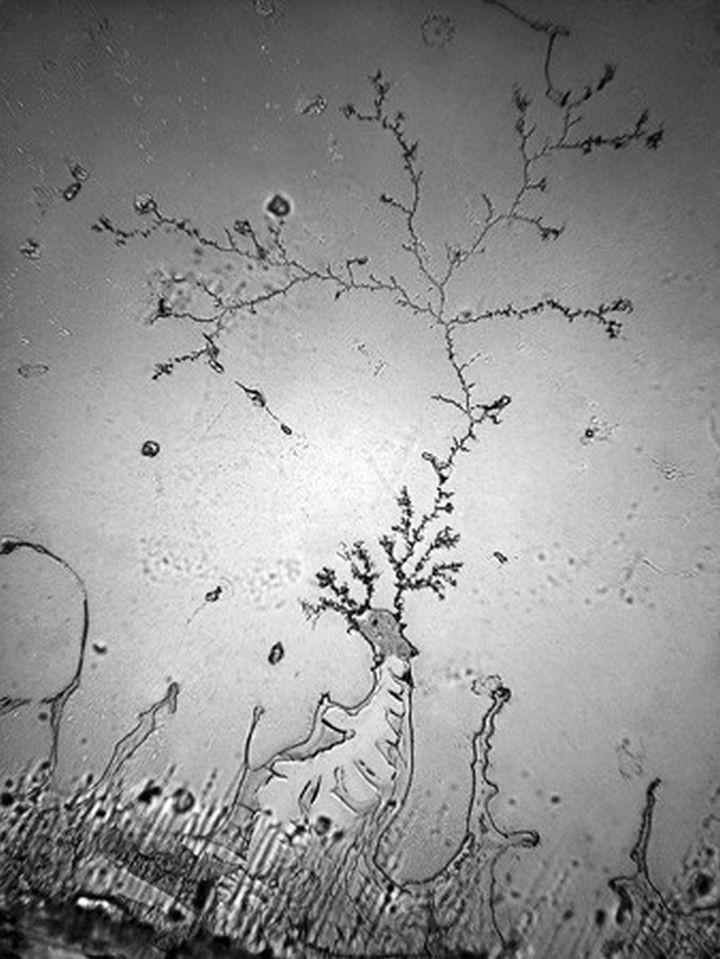
Basal tears (the tears that naturally lubricate our eyes)
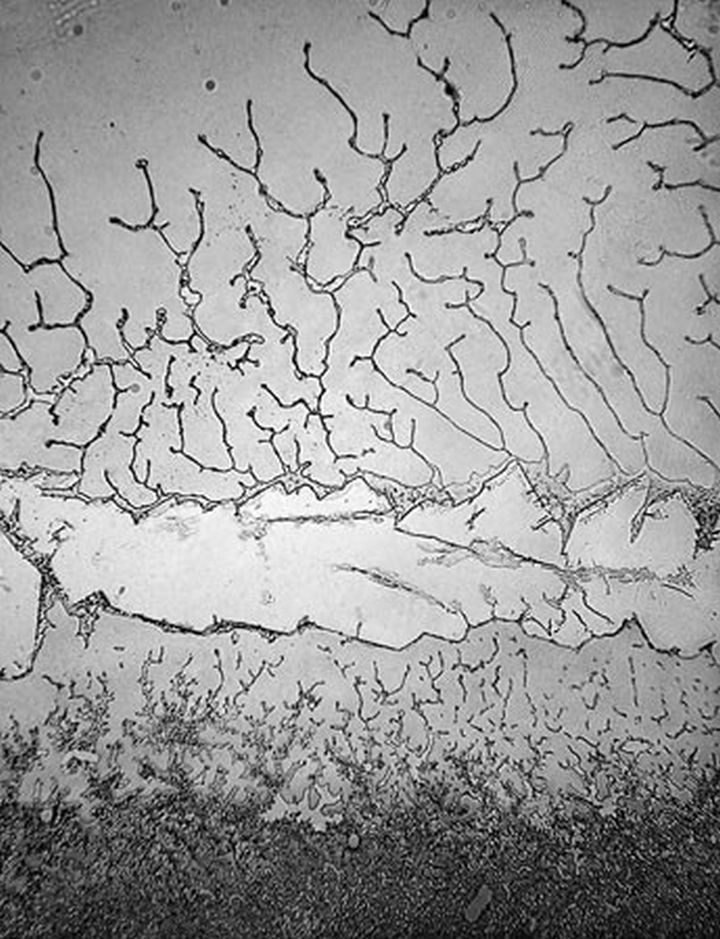
Tears of remembrance
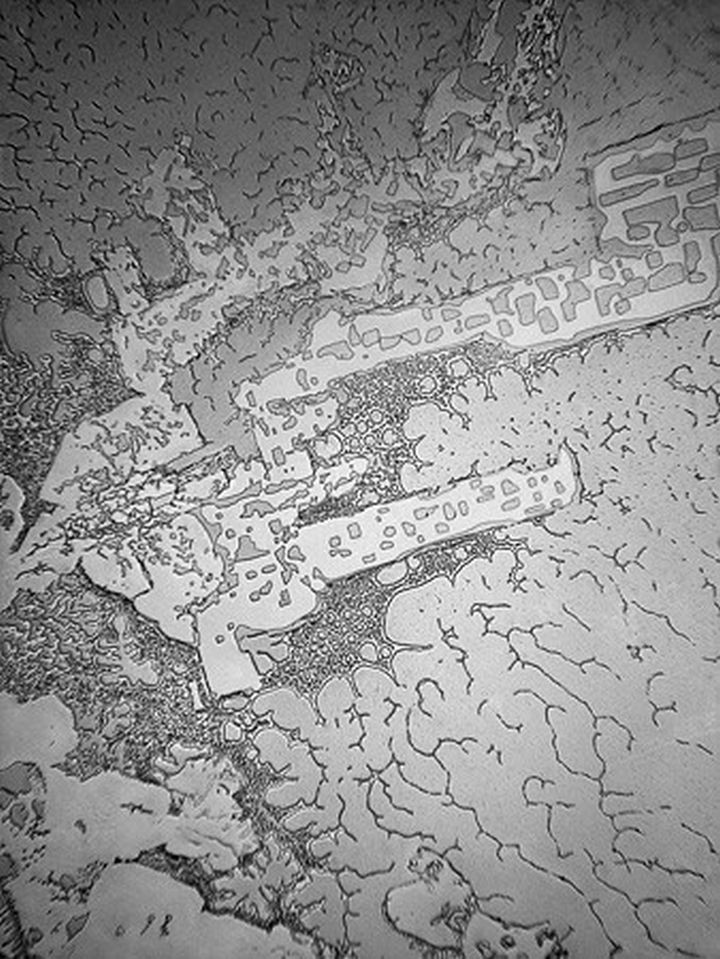
Tears from chopping onions

Tears of change

Tears of release
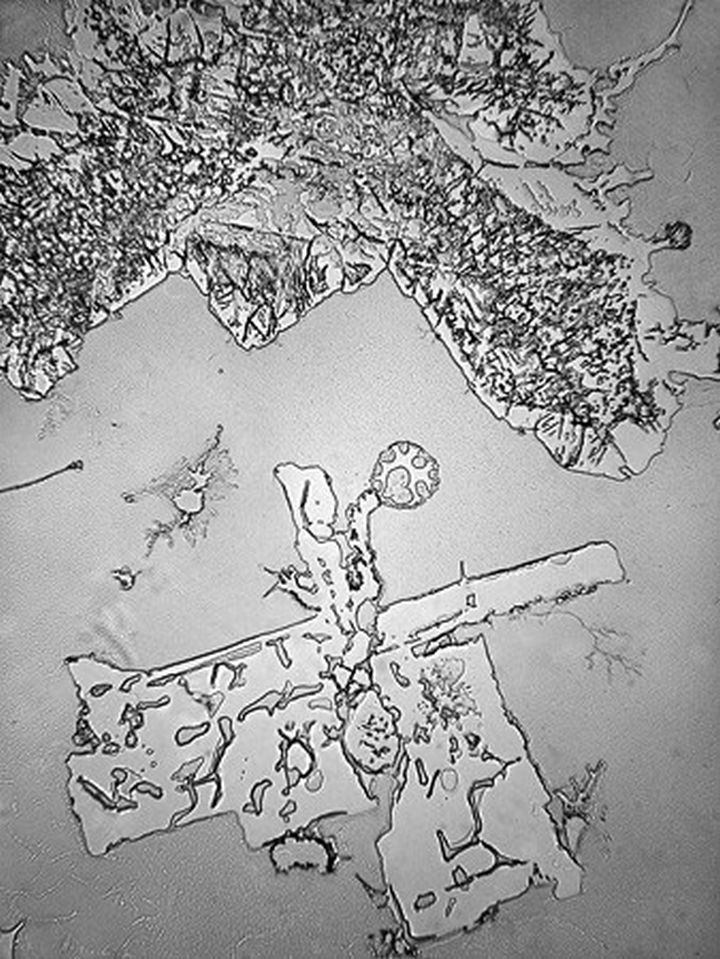
Tears of grief
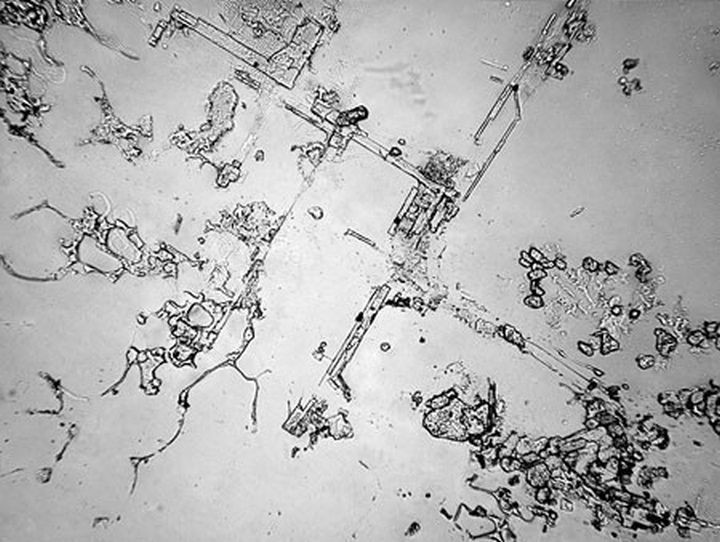
Tears of ending and beginning
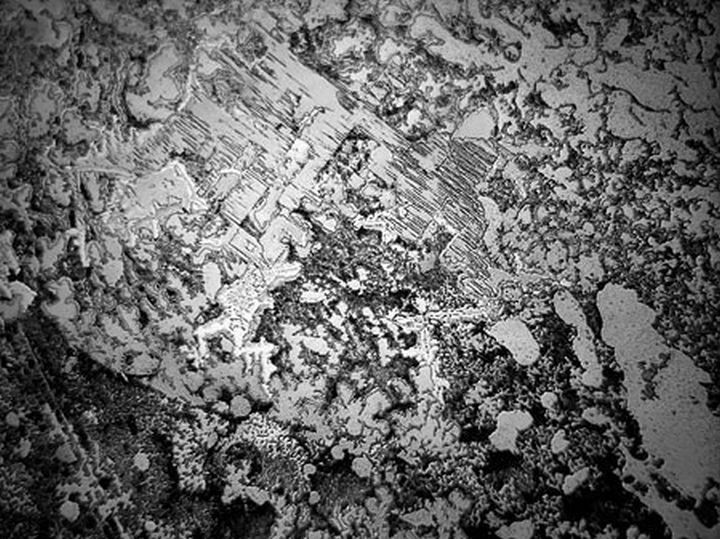
I was astounded when I first encountered The Topography of Tears. Who could have imagined that something as universal as crying could produce such uniquely beautiful and diverse images? It’s a reminder that our emotions leave traces in unexpected ways.
Tears are not just a physical release of emotion but also a reflection of our inner worlds. Whether we cry from happiness, heartbreak, or even a strong whiff of onions, each tear tells a story. Rose-Lynn Fisher’s work invites us to appreciate the beauty and individuality of this deeply human experience.
Please share this interesting view of tears under a microscope with your friends and family.



